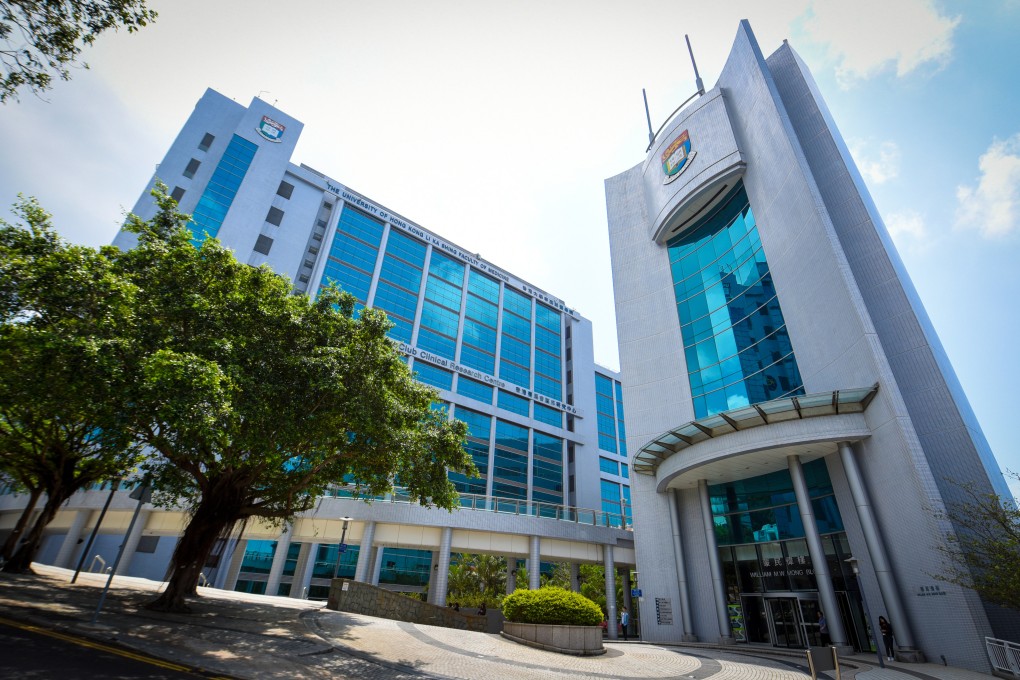Can Hong Kong play a leading role in creating longer-lasting flu vaccines? Researchers to join up with global experts and give it a shot, Post learns
- Cambridge and Seoul researchers to join HKU effort to develop nasal spray vaccines at Global Health Institute
- Researchers hope vaccine will cover more strains of flu virus and help combat future outbreaks

Hong Kong medical researchers will be working with international experts to develop two vaccines that provide protection against more strains of influenza virus and also last longer, the Post has learned.
The ambitious project will be carried out through the Hong Kong Jockey Club Global Health Institute, a joint initiative between the University of Hong Kong (HKU), the University of Cambridge and the Seoul-based International Vaccine Institute.
An insider said HKU researchers had been working on the two flu vaccine prototypes for “six to seven years” and hoped that new collaborations would speed up the process and lead to clinical trials within five years.
The vaccines aim to provide broader protection against subtypes of influenza A, which can cause major outbreaks and severe illness in humans and animals.
Both are being developed as live-attenuated nasal sprays, meaning they deliver a weakened form of the flu-causing virus to the body through the nose.
“A nasal spray can stimulate the immune system of the respiratory tract, and the probability in preventing infections is likely to be higher,” the insider said.